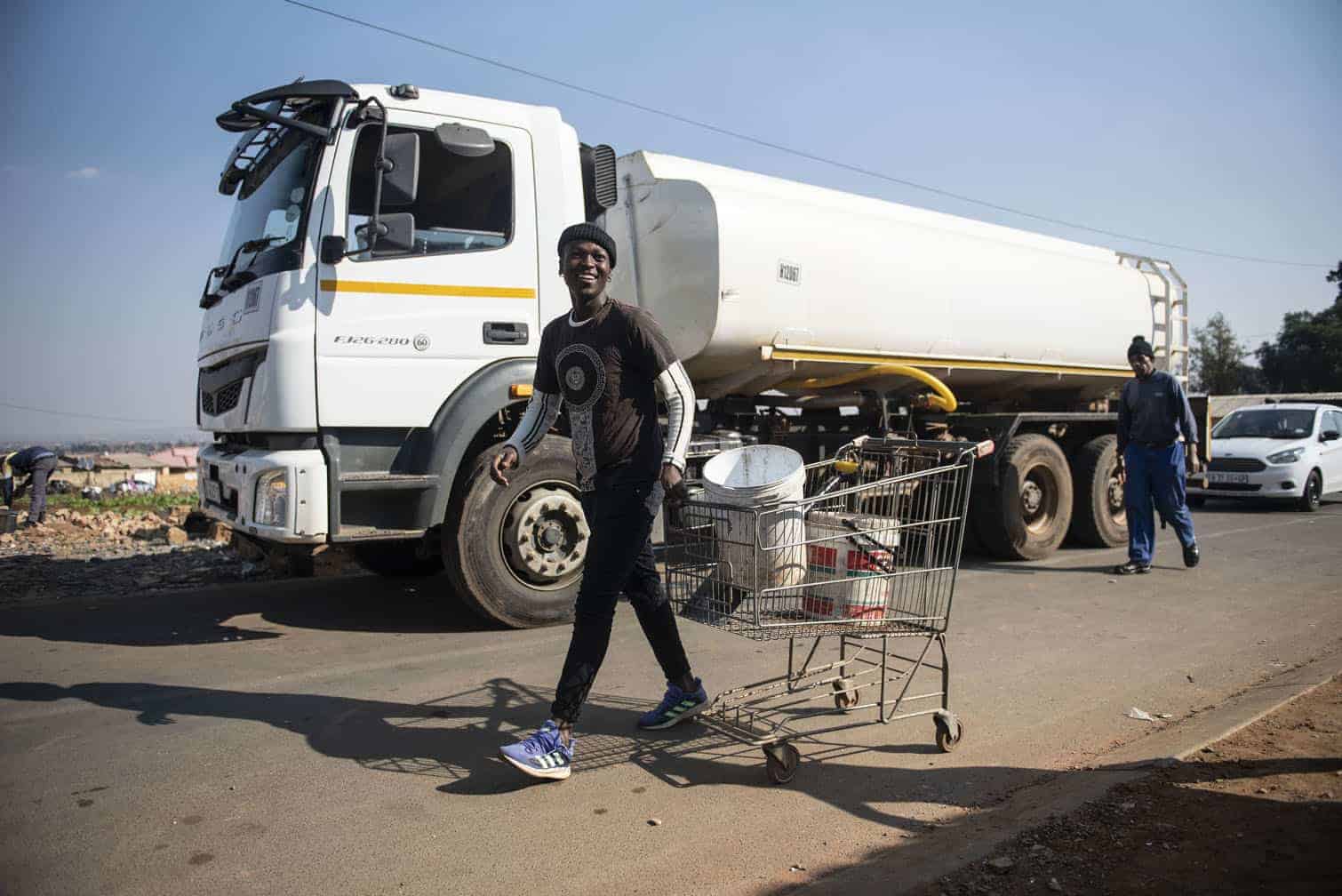According to the DA, it could take up to 10 years to fix Johannesburg's water challenges.

A call by the Minister of Water and Sanitation, Pemmy Majodina, for municipalities to procure their own water tankers has found an unlikely ally in long-term political critic, the DA.
Majodina said on Monday that Johannesburg has already procured 20 water tankers. These will belong to the municipality.
“We started in March to encourage all the municipalities that have contracts for water tankers to start negotiating out of that contract. Let municipalities insource their water tankering.”
A good solution
DA shadow MEC for infrastructure development in Gauteng Nico de Jager told The Citizen on Tuesday that this move is necessary to save municipalities money.
“Municipalities must buy water tankers. They should not be using water tanker contracts. This is because you will always have a burst pipe, not because of government failure. It does not matter where you are in the world; you will always have a burst pipe.
“If you have your own tanker and do not have to rely on these ridiculous contracts, this will go a long way,” he said.
Despite this, De Jager said municipalities such as Johannesburg should work on replacing failed infrastructure and maintaining existing pipelines.
“In the city of Johannesburg, you have 2 400km of asbestos pipes that have to be replaced. It is because of these pipes that we have continuous bursts. The most vulnerable areas are Ivory Park, Alexandra, Roodepoort, Randburg and Parktown. This is where you have old asbestos pipes that are in urgent need of replacement.
“If they do not replace those pipes, we will keep on having bursts and we will have water losses. This will push up demand,” he said.
ALSO READ: Government calls for calm after volatile protests over water in Westbury
The minister’s water plan
Majodina said when private contracts are signed, “you cannot monitor where the 10 000 litres that have been procured have been delivered accordingly”.
Majodina said using water tankers should not be a permanent service delivery mechanism.
“Let them be an intervention in an instance where there is maintenance or a water pipe burst, without going through the long process of procurement.
She said her department is funding municipalities with two grants.
“Between now and the next 14 days, we will be writing to municipalities to say, having had this councillor’s roll call, what are the key challenges. How much do you have and what capacity do you have?” she said.
Majodina said there were instances where municipalities did not use the funding they had for water projects properly. In some cases, companies simply did not deliver on the work they were tasked to do by municipalities.
“There are a lot of criminal cases that go as far back as 2010, especially around Limpopo, where a lot of projects were funded, but were not delivered. There is no money.
“We are working with the Hawks and we have already recovered R23m in terms of those companies that did not deliver on what they were expected to deliver,” she said.
Majodina said it is critical for municipalities to deal with leaking pipes speedily.
“As long as they have leaks, people are not going to get water. As long as they have leaks, they are going to owe municipalities. As long as they have leaks, there will be protests because those leaks prevent water from being piped to communities.
“The focus of the presidential working group was to attend to leaks first,” she said.
NOW READ: Thirsty Joburg demands change
Support Local Journalism
Add The Citizen as a Preferred Source on Google and follow us on Google News to see more of our trusted reporting in Google News and Top Stories.








